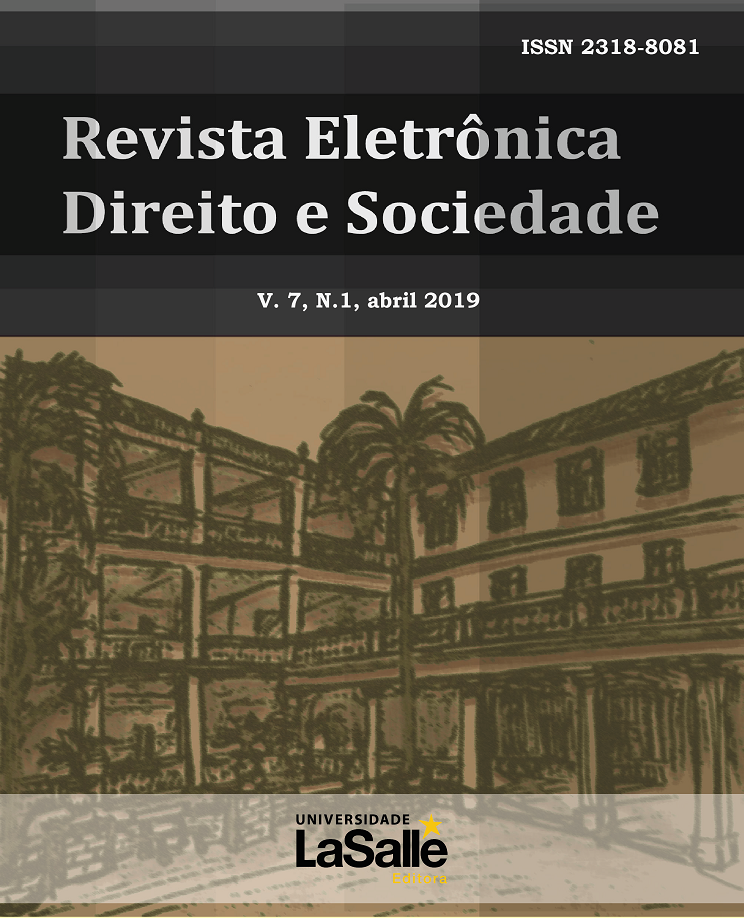Brazilian housing crisis: the transfer of income through breach of contracts and bad credits
DOI:
https://doi.org/10.18316/redes.v7i1.5212Keywords:
Real Estate Financing, Breach of Contract, Transfer of Income, Indebtedness, Long Term Contract, Fiduciary Alienation.Abstract
In Brazil, thousands of people have given all their savings to homes that will never be theirs. New residential buildings remain uninhabited in essential areas of Brazilian cities. This paper aims to show that the lack of austerity in the analysis of real estate financing has contributed to this scenario. The results of granting credit to people who could not afford it are: (i) contracts breached in impressive amounts and (ii) the recovery of properties given as collateral to banks in massive volumes. This paper was structured on public data on real estate and household indebtedness, the specialized literature on management of construction companies, journalistic data on the breach of financing contracts and judicial decisions. The results indicate that the supply of real estate financing for people who could not fulfill the contracts in the long term counted on at least three kinds of stimulus: high brokerage rates, promises of high returns to investors of real estate companies and the increasing prices of real estate, made possible by the undue credit offer.
Downloads
Published
Issue
Section
License
Authors who submit their manuscripts for publication in the “REDES” Magazine agree to the following terms:
The authors claim to be aware that they retain copyright by giving “REDES” the right to publish.
The authors declare to be aware that the work submitted will be licensed under the Creative Commons Non-Commercial Attribution License which allows article sharing with acknowledgment of authorship and publication in this journal.
The authors declare to be aware that by virtue of the articles published in this journal have free public access.
The authors declare, under the penalty of the law, that the text is unpublished and original and that they are aware that plagiarism has been identified, plagiarized authors will be informed - willingly, to take legal action in the civil and criminal sphere - and, plagiarists will have their access to the magazine blocked.
The authors state that - in case of co-authoring - all contributed significantly to the research.
Authors are obliged to provide retractions and (or) corrections of errors in case of detection.
The authors are obliged not to publish the text submitted to “REDES” in another electronic journal (or not).
The Electronic Journal Law and Society - REDES - is licensed under a Creative Commons License. Attribution-NonCommercial 4.0 International.Based on work available at "http://revistas.unilasalle.edu.br/index.php/redes/about/submissions#copyrightNotice".
Permissions in addition to those granted under this license may be available at http://creativecommons.org/.

